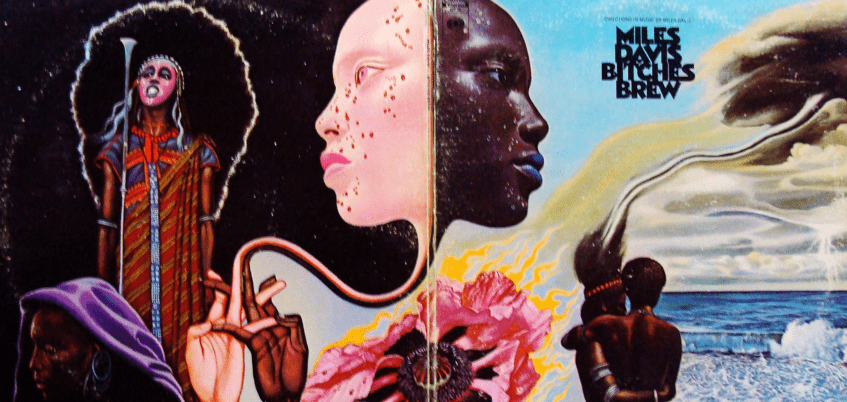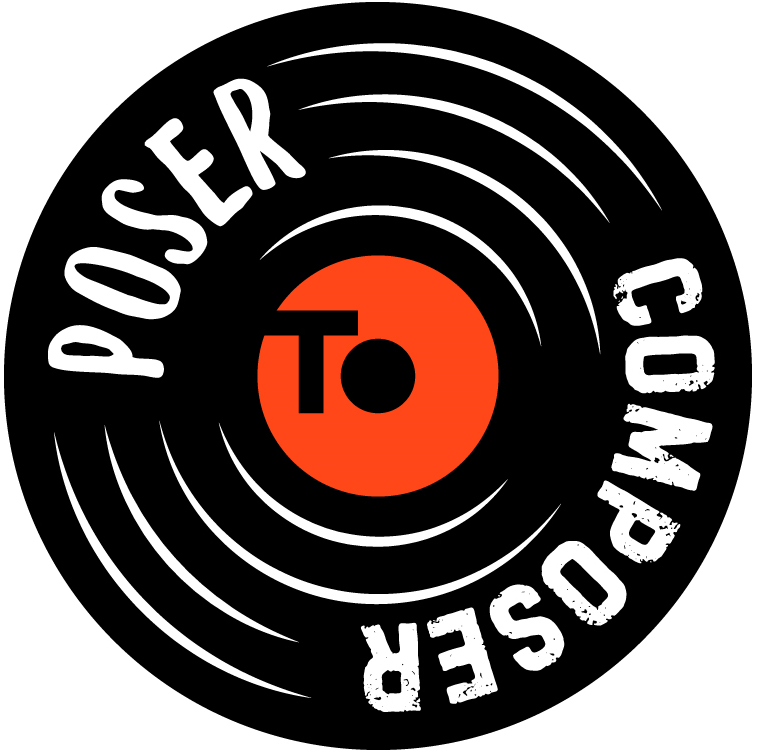What 3am Sounds Like
 Miles Davis, Bitches Brew. Photo by doubleyou
Miles Davis, Bitches Brew. Photo by doubleyou
Switching from days to nights and learning my new role at the homeless shelter derailed my creative work and forced me to break my promise, but I'm back.
Now I'm sleep during the day and awake at night. However, it's not natural for me to be productive at 3am, so practicing on the music keyboard has not been consistent in the past month and a half and my writing stopped completely – until today. I used self-tracking apps to cut through this mental haze I've been experiencing since becoming nocturnal and get motivated again.
I'll share the details of this rather cool motivational hack in an upcoming post.
Speaking of the nocturnal, I recently finished a book about the making of Bitches Brew, the revolutionary (yet somewhat inaccessible) album by Miles Davis. There's definitely a late night vibe to the recording, and I've been listening to it after work to get me into a chill and relaxed state so I can sleep.
According to the book's author Victor Svorinich, Miles did that on purpose. Here's the excerpt:
Davis held the sessions from ten in the morning to one in the afternoon. Recording in the morning was rare for any musician, and resulted in some grumblings, but he needed his crew fresh and away from the daily distractions they could bring with them. Miles also did not want any disruptions from people hanging around the place, so he closed the studio off to writers, photographers, friends, and ladies. Despite the early start, Miles built an ambience similar to an all-night jam session. "What’s amazing is the mood," recalled Corea. "If I didn’t know, I’d say this went down at three in the morning."
Consider subscribing to my newsletter or follow this blog by RSS in your favorite RSS feed reader.

